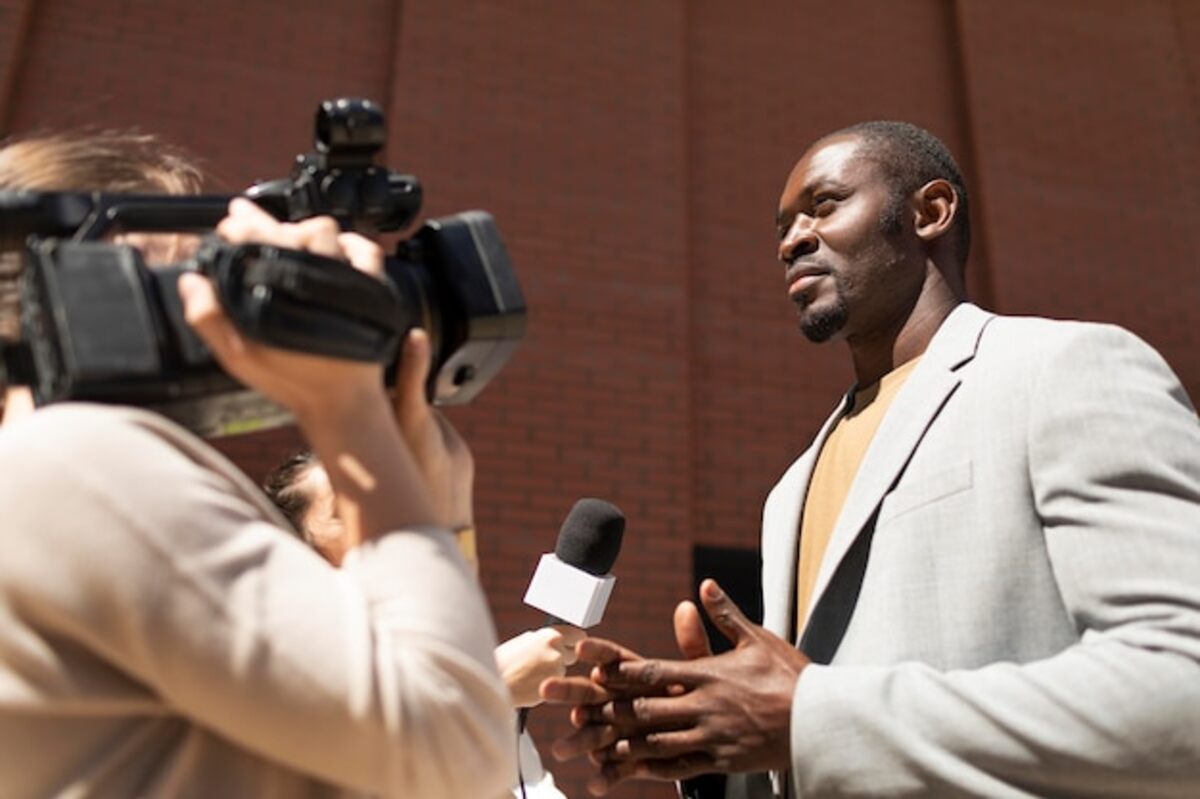Nigeria’s failure to address the conditions that led to Boko Haram’s formation has resulted in ongoing insecurity in its northeast, destabilizing nearby countries and casting doubt over human rights records – particularly concerning LGBTQIA citizens who continue to face criminalization under law and practice. Check out the Best info about NewsNow Nigeria.
Colonel Odumegwu Ojukwu declared the independence of Biafra from Nigeria on May 30, 1967.
Table of Contents
Nigeria’s President Muhammadu Buhari
Buhari returned to power as President of Nigeria after defeating Goodluck Jonathan of the former administration. A former military ruler, Buhari won over voters by promising to fight Islamist insurgencies, tackle corruption, and create an economy capable of standing on its own feet.
But the optimism has diminished for many Nigerians who see little evidence of progress in these areas. Furthermore, inflation – now at over 18% annually – has left them poorer and reduced the middle class significantly.
Buhari has been saddled with an overwhelming security crisis that continues to threaten Nigeria. Boko Haram is responsible for killing thousands of innocent civilians – women and children alike. Furthermore, militants and sea pirates continue to steal oil from Nigeria’s pipelines, forcing production down by 30% yearly.
Personal controversies surrounding President Buhari have further damaged his standing. His frequent absences for undisclosed health reasons and reluctance towards transparency have drawn widespread criticism. At the same time, questions arose regarding possible links to corruption, such as his choice of ministers with ongoing corruption cases and his wife’s stay in Dubai for an extended period, both alleged breaches of best practice, which have caused Transparency International to rate Buhari administration four out of ten on its fight against corruption.
Niger’s President Idriss Djoto
Niger’s deposed President made his first public appearance since being ousted in a military coup last week alongside Chad’s leader Mahamat Idriss Deby Itno, who said his visit was to explore all avenues to find a peaceful resolution for Niger’s crisis.
This visit comes a week after their meeting had been postponed due to security concerns in Niger. West African nations have taken measures against Niger’s military rulers by imposing sanctions and threatening military intervention in the Sahel region of Niger. Military rulers claim persistent insecurity as grounds for overthrowing Issoufou’s government; however, data shows security had improved significantly due to tactics employed by Issoufou’s administration and help from France, a former colonial power.
On Monday, a senior U.S. official noted that there is only a narrow window of opportunity to reverse the coup in Nigeria, according to West African States (ECOWAS) reports. A meeting between coup leaders and ECOWAS has been postponed this month for a discussion about the situation; already, they have cut financial transactions with the coup leaders, frozen assets, and issued travel bans on them, as well as warning them that prosecution for treason will ensue if democracy isn’t restored soon enough.
Nigeria’s Vice President Yemi Osinbajo
Yemi Oluleke Osinbajo, SAN, is an esteemed Nigerian scholar, teacher, professor, lawyer, administrator, and leader. He is widely acknowledged for his expertise in Nigerian law, explicitly concerning corporate commercial and public law issues. Furthermore, he serves as Senior Partner at SimmonsCooper Partners (Barristers & Solicitors).
Yemi Osinbajo earned widespread acclaim as Attorney General of Lagos State for implementing vast judicial reform. He addressed critical areas, including judges’ recruitment, remuneration, training, and discipline, and creating the Citizens Mediation Centre and Office of Public Defender.
However, corruption remains an acute problem in Nigeria. According to the Global Corruption Perceptions Index, Nigeria ranks 114 out of 180 countries for perceived crime levels – far lower than Ghana, which tops this list with an index score of 91.
Nigeria, situated on Africa’s west coast, is a multiethnic and culturally diverse nation with abundant natural resources and a highly varied population of hundreds of languages spoken throughout its borders. Abuja serves as its capital; Lagos remains the primary commercial center. Nigeria belongs to the Commonwealth; in 2023, Osinbajo was appointed leader of its Observer Group for the Sierra Leone elections, where his expertise led a team to monitor them.
Nigeria’s Governors
Nigeria currently has 36 state governors who oversee their respective states’ affairs. Elected to serve four-year terms, most seek reelection or do a second one.
Ban Ki-moon of the United Nations visited Nigeria this weekend and met with all 50 of Nigeria’s state governors, emphasizing their role in building democracy and sustainable development at subnational levels.
He applauded Nigerian state governors for their efforts in improving education, health care, gender equality, and security within their states. Additionally, he highlighted their work against issues like terrorism, insurgency, illicit drugs, and arms trade.
One of the key topics was power devolution in Nigeria, expressly to state police units. Some fear this measure could give state governors the means to engage in electoral tyranny against opposition elements in their states.
Nigeria’s state tiers also discussed power-sharing issues, emerging that some governors are seeking an increased share of power, thus giving them more influence in decision-making processes and potentially leading to major political upheaval in Nigeria.
Read Also: Black Tail Magazine: The Best In Erotic Photography


